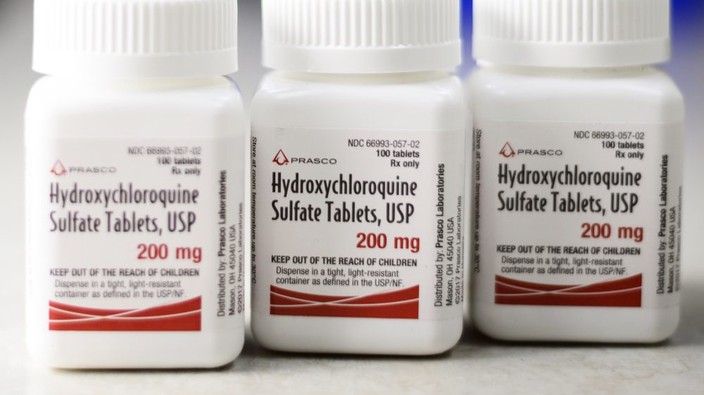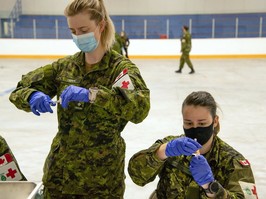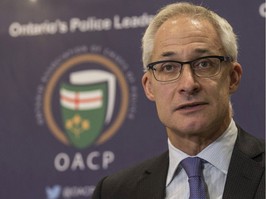earlier in this pandemic, there was hope that hydroxychloroquine, a malaria prevention drug, could also treat covid-19. but after numerous studies, that hope (or hype) has long been dashed.on june 15, the fda revoked the emergency use authorization status for hydroxychloroquine (hcq) and chloroquine (cq) after reviewing the scientific evidence and deemed it “no longer met” the statutory criteria and that both hcq and cq were “
unlikely to be effective in treating covid-19” in light of serious side effects and cardiac events.that was a month and a half ago.the idea was reignited again after a
video from breitbart, a far-right news website, went viral yesterday. dr. stella immannuel, a houston-based doctor and minister who also claims medical conditions are caused by “
sex with demons,” appears in the video and says she has successfully treated more than 350 patients with hydroxychloroquine (hcq). but several studies have now shown that hydroxychloroquine does not have any significant effect as a treatment or a prophylaxis (disease prevention). it’s also worth noting that in the video, immanuel refers to a 2005 study as she talks about its
potential against covid-19.the study looks at sars-cov, the virus behind sars, which is different from sars-cov-2, the novel coronavirus behind covid-19.
studies show that hydroxychloroquine doesn’t treat covid-19
in one of the largest trials,
recovery, researchers from the u.k. looked at severely ill covid-19 patients. they randomly allocated 1561 patients who were treated with hydroxychloroquine, compared with 37, 3155 patients who received the usual care. they found that hcq was “associated with an increased length of hospital stay and increased risk of progressing to invasive mechanical ventilation or death.”and for those who hoped hydroxychloroquine might prevent people from getting sick, a large
randomized, double-blind trial published in the new england journal of medicine showed the opposite. researchers
gave hydroxychloroquine or a placebo to 821 asymptomatic people who had high-risk or moderate-risk exposure to covid-19 (they had been in close contact with a covid-19 patient for more than 10 minutes without proper protection). they found that hcq did not prevent illness and s
ide effects were more common in those who took the drug than those who took the placebo.meanwhile, in a spanish
large post-exposure prophylaxis trial, researchers randomized more than 2300 people who were exposed to the virus with either hydroxychloroquine or usual care. there was no significant difference between the two groups.there is a worldwide race to find not only a treatment for covid-19, but also a vaccine. with the entire world battling this virus, it’s more important than ever to consider scientific evidence when we are discussing promising treatments — and on the issue of hcq, science says it’s time to move on.
dduong@postmedia.com |
@dianaduodon’t miss the latest on covid-19, reopening and life. subscribe to healthing’s daily newsletter coming out of covid.
 2 minute read
2 minute read









